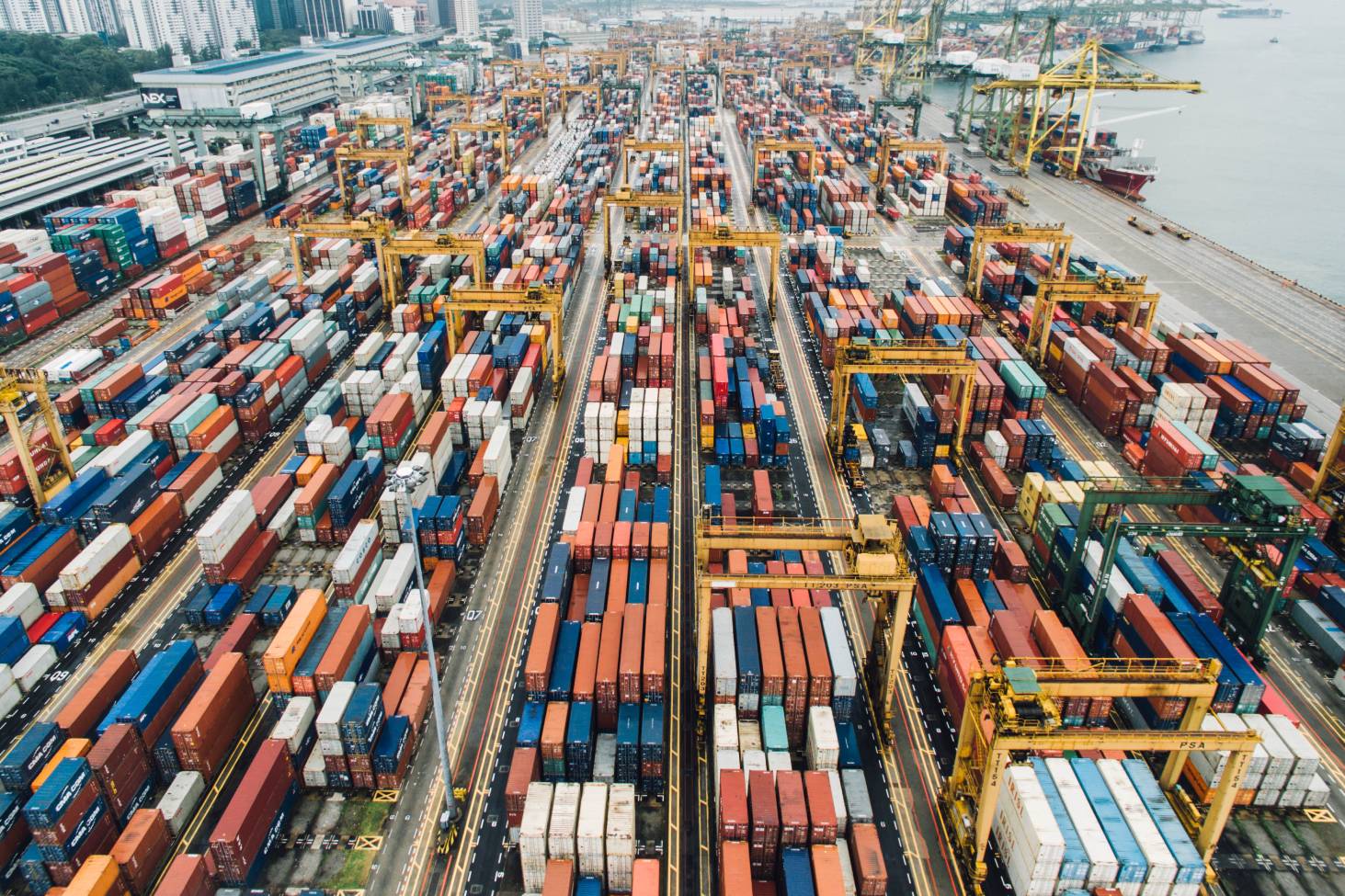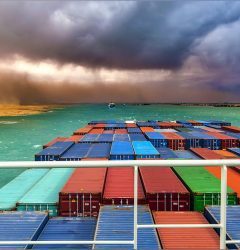17 Oct

Technology is advancing at full strength, which is also changing the process of supply chains. Each entrepreneur is looking for a way to improve the efficiency and time management of goods, materials, orders, in-house production, freight, etc. It is efficiency and speed that are the main factors that determine the high quality of work, and customers increasingly prefer this model. To implement implementation facilitation, each process requires the availability of freight management software. You will see for yourself that it can do a miracle with your business.
Main components of logistics management
Planning and maintenance
Planning is an important factor in every field. In this case, it is necessary to implement logistics software according to the need and scale of the company. All this will lead to proper organization in the company and will greatly facilitate all management departments. Preliminary analysis is a key unit – thanks to it, all the final requirements and the overall maintenance of the system, which passes through the stages of the life cycle, will be established. An in-depth logistics plan involves the creation and control of available functions.
Logistics support and support staff
“Service” staff at all levels in the logistics process are involved – unique activities are performed that require special system maintenance.
This type of special activity includes:
- initially free and additional purchase of support package as needed for specific logistics functions
- installation and implementation of the system
- selection of the user’s operational objects
- the customer database
- continuous maintenance of the system for the selected period of use
- Training
Staff training is an important aspect of good end results. Instead of giving individual lessons to each company, software can help entrepreneurs in this direction. Training can be levels, such as more general lessons and more in-depth lessons. The training kit includes a wide variety of resources that present information in an easy and comprehensible way – simulators, layouts, manuals and online courses. The software is designed to access the materials on a daily basis and allows on-site training, either remotely or in more formal form.
Supply support – spare parts or parts repair and inventory
The category includes all the many different components – spare parts, possible parts to be repaired, oils and lubricants, specialized consumables and other important inventory materials. This particular section of the software aims to make it easier for business owners, but also to facilitate the distribution of recyclable materials. Each production plant emits a lot of waste that has to be recycled for environmental protection.
Maintenance, support facilities and utilities
This category includes the special facilities operated by the company. It is of great importance that all warehouses and equipment that controls the entry and exit of goods are present. The entire property of the company can be controlled through the software – starting from any physically locked facility, car park and reaching the environment and safe working conditions.
Computer resources
This includes all computers and related software components, networks, interfaces, and more. They are the main source of information flow between all departments. The greater the number of software «hooks up», the easier it will be to accomplish goals and plans, and then extensive monitoring can be done.
Technical data, reports and documentation
This category is so to speak the result of the system’s operation throughout its life cycle. Includes data collection, analysis and reporting. The technical data can be many directions – verification and calibration, equipment data, engineering data – drawings, CAD / CAM / CAS data and more, supplier data, logistical data.
Packaging, processing, storage and transport
This includes all activities related to the product life cycle. From the packaging itself to its transportation with different modes of transport – by land, water or air. Multiple materials, packaging supplies, equipment, containers, safety and proper storage conditions, container loading, technical data, computer resources, etc. may be included in the category.
Testing, processing, analysis and maintenance equipment
This category of software encompasses a large database of standards-related information to be followed when moving shipments. It includes various instruments, status monitoring, test and diagnostics, metrology and calibration equipment and more. It is important to keep in mind the requirements for maintenance equipment at each level – general traceability in the secondary standard, the transfer standard and finally to the primary standard.
Logistics information
This is where software development and implementation professionals need to familiarize you with the resources you will be able to use to manage your supply chains. This is mainly about the possibility of communication between customers, the manufacturer and the main contractor, subcontractors, suppliers and others.
The logistical information must be timely and appropriately available to its users. The aim is to achieve high efficiency and transparency in order to implement the necessary measures and control over the actions. Users would benefit from EC, email, internet connection and EDI here.




